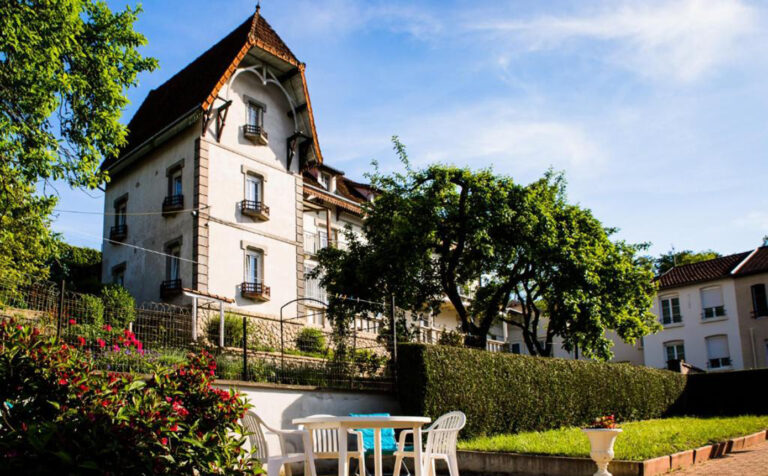The term ‘pension’ is not legally defined, unlike tourist pensions or retreat pensions, and is used in the lodging market to collectively refer to lodging establishments operated in a specific manner. However, because there are no separate facility and registration standards, the facility composition and operation systems differ by country.
The name ‘pension’ is derived from the French lodging property ‘pension,’ similar to Korea’s ‘minbak,’ where spare rooms in a resident’s home are provided to travelers. It is prevalent in European countries and in regions influenced by Europe, such as Canada, North Africa, the Middle East, and Asia, including Korea, Japan, and the Philippines.
In the United States, Bed & Breakfast is the most similar type of lodging establishment. However, unlike a Bed & Breakfast, which only provides breakfast, a pension offers breakfast, lunch, and dinner. The lodging fee for a pension is generally categorized as ‘full board’ and ‘half board’ based on the meals provided. Full board includes breakfast, lunch, and dinner, while half board excludes lunch.
In Korea, it is more common for pensions to have kitchens in the rooms, allowing guests to cook for themselves, and to provide separate barbecue areas and facilities instead of directly providing meals.
In Korea, rural minbak shares similar characteristics with pensions. In fact, many rural minbaks include ‘pension’ in their names or are classified and distributed as pensions through distribution channels. Unlike urban minbak, rural minbak has a significant share in Korea’s lodging supply, and therefore, rural minbak accounts for the largest proportion among lodging establishments that include ‘pension’ in their names or are classified and distributed as pensions through distribution channels.
Pensions primarily target domestic family demand. In this respect, they differ from guesthouses, which have a relatively high proportion of foreign demand. In fact, pensions still hold the largest market share among all types of lodging establishments for domestic travelers.


